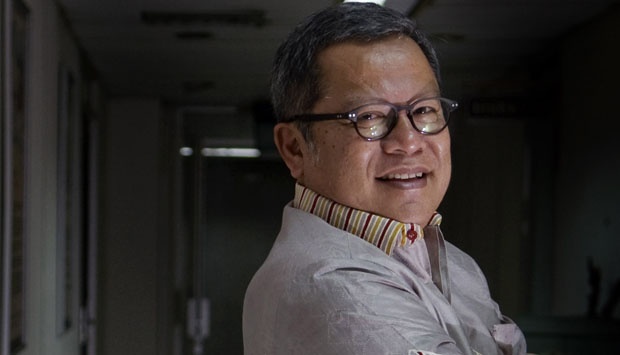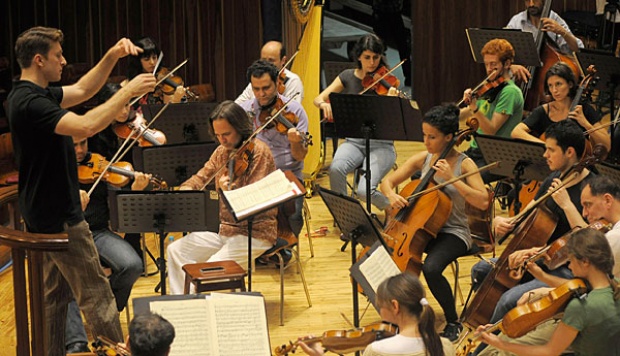
TEMPO.CO, Jakarta - Kuwi opo kuwi eh kembang melati (what is that, a jasmine)
Sing tak puja puji ojo dho korupsi (those I adore, don’t corrupt please)
Marga yen korupsi negarane rugi (if you corrupt, the nation will suffer)
Piye mas piye yo ngono ngono ngono kuwi (corruption, it’s just like that)
The verse was arranged by a popular Javanese art gending figure, Raden Ngabehi Tjokro Warsito – also entitled Prince Haryo Notoprojo. The song, dated back in the 50s, has mentioned about national problem even before it was popular.
“Back then people asked what corruption is? However, Tjokro Warsito has already come up with his verse,” said Siswadi, a lecturer from the Indonesian Art Institute of Yogyakarta (ISI). He said that the verse proves that Tjokro Warsito had a view on what the future would look like.
Tjokro himself, born in 1901, is a relative to Pakualam. He was known to be a musical prodigy, playing all kinds of gamelan instruments. He has made a number of musical works, such as musical score classical Ramayana.
“Behind the palace walls, he worked on a classical piece. Beyond the wall, he turned into popstar,” said Siswadi, currently working on Tjokro Warsito’s biography. Siswadi is also working on recording hundreds of Tjokro Warsito’s work.
Agus Amarullah from the Cultural Agency of Yogyakarta added that the attempt to restore the classical pieces is necessary as gending from Yogyakarta is no longer as popular as that from Solo. “Yogyakarta has already had many entertainments,” he said.
PITO AGUSTIN RUDIANA






















